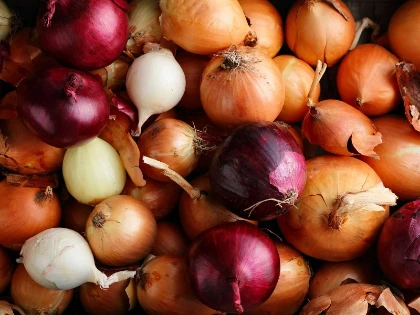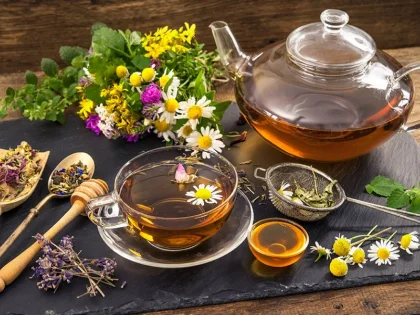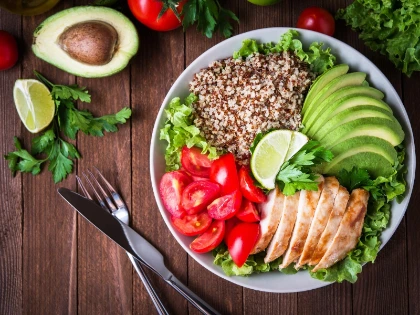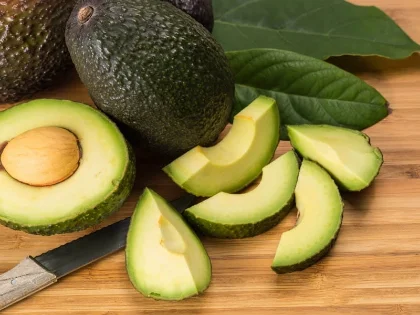Fastest Way to Heal Your Kidneys
Foods high in potassium can either prevent or slow renal disease. Both maintaining a balanced diet rich in fruits and vegetables and drinking lots of water are vital.
Maintaining a nutritious diet can also help reduce your risk of developing high blood pressure, diabetes, and other kidney-damaging illnesses. Seeking advice from your physician prior to using any herbal supplements is also a smart idea.
1. Make sure you stay hydrated.

Water consumption flushes the kidneys and prevents the clumping of minerals that can cause kidney stones. Additionally, it keeps blood pressure within a normal range and avoids dehydration. Along with lowering the risk of kidney disease, eating a nutritious diet also lowers the risk of diabetes and high blood pressure.
Consume plenty of vitamin C-rich meals since they help to reduce oxidative stress and support kidney health. For instance, dandelion tea can aid in the body's detoxification, increase urine, and lessen the incidence of UTIs. Steer clear of table salt and processed sugar, as they can cause hypertension. Additionally, try to avoid using over-the-counter drugs like aspirin and ibuprofen that could strain the kidneys more than necessary. A healthy kidney can also be maintained through exercise.
2. Consume wholesome food.
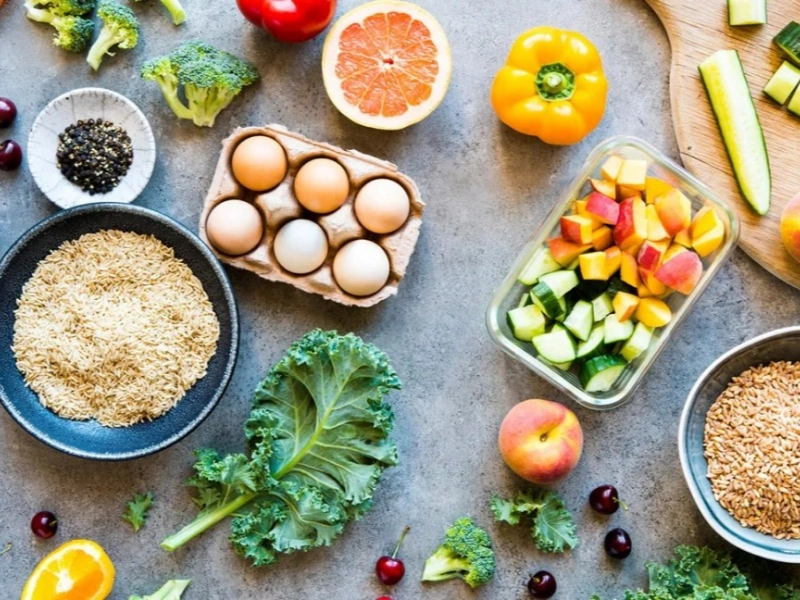
One important risk factor for renal disease is eating a lot of salty food. Steer clear of commercial and processed foods and concentrate on making fresh, home-cooked meals instead, as these frequently contain salt. To add taste, use low-sodium condiments, herbs, and spices.
Aim for a well-balanced diet with minimal amounts of calcium, phosphorus, potassium, and sodium. Fruits and vegetables that are a wonderful choice include strawberries, oranges, bananas, and cranberries, which are also rich in the phytonutrient A-type proanthocyanidins. Garlic is also an excellent source of allicin, an active substance that has been shown to decrease blood pressure and enhance renal function.
Turnips, radish, kale, and spinach are more options. These roots provide an excellent supply of fiber, folate, and vitamin C. Consider using roasted turnips in salads and kale in soups.
3. Work out.

About half a cup of blood can be filtered by a healthy pair of kidneys every minute, and they can also control fluid balance and blood pressure. To ensure that the body is functioning correctly, they also create hormones.
Because kidney illness frequently goes undiagnosed until the kidneys are badly damaged, it is known as the silent pandemic. Nonetheless, you can take precautions to safeguard your kidneys, such as eating a balanced diet and drinking lots of water.
By controlling your weight, blood pressure, blood sugar, and cholesterol, exercise helps minimize your chance of developing chronic kidney disease. Consult your physician before beginning an exercise program, particularly if you have high blood pressure or diabetes. Make sure you only take drugs as directed by your doctor because some may put stress on your kidneys.
4. Get adequate sleep.

Rest is necessary for kidney regeneration and optimal function. Maintaining a healthy weight and abstaining from alcohol both enhance renal function. Diets low in protein can also be beneficial. You can reduce your protein intake without sacrificing important nutrients by following the advice of a trained dietitian.
Renal strain and long-term damage, including renal failure, can result from heavy drinking. The second most common cause of kidney disease, excessive blood pressure, might also increase as a result of it.
A few foods and drinks can help flush your kidneys: dandelion tea, which is a natural kidney tonic; cranberry juice, which helps fight infections and maintain urinary tract health; and beets and their juices, which are high in betaine, which makes urine more acidic and keeps calcium oxalate and struvite stones from forming. In addition, consume a lot of vitamin C, as it functions as a potent antioxidant to save your kidneys from oxidative damage.
5. Refrain from drinking.
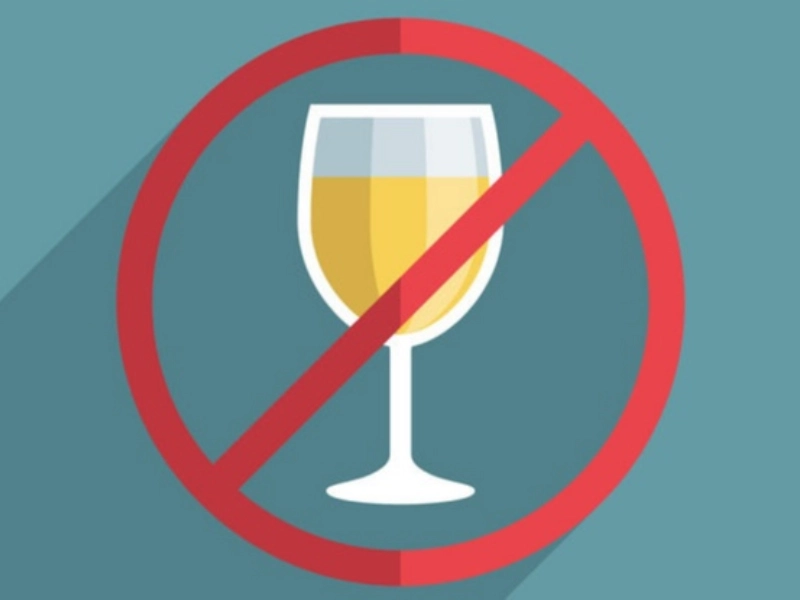
If you already have chronic kidney disease (CKD), even one drink may be detrimental to your kidneys. Your hormones and dehydration may both be impacted by alcohol. Increased stress on your kidneys can result from weight gain, hypertension, and other health issues.
Furthermore, drinking a lot of alcohol might cause protein to pass through your kidneys and into your urine. Albuminuria is the term for this, which is a precursor to kidney injury.
Maintaining a nutritious diet and drinking enough water will help shield your kidneys. Herbal tea can also be used as a kidney cleanser. Herbal tea that contains parsley or dandelion root can increase urine production and reduce kidney waste. In order to help your urinary system and avoid infection, you can also consume cranberry juice.
